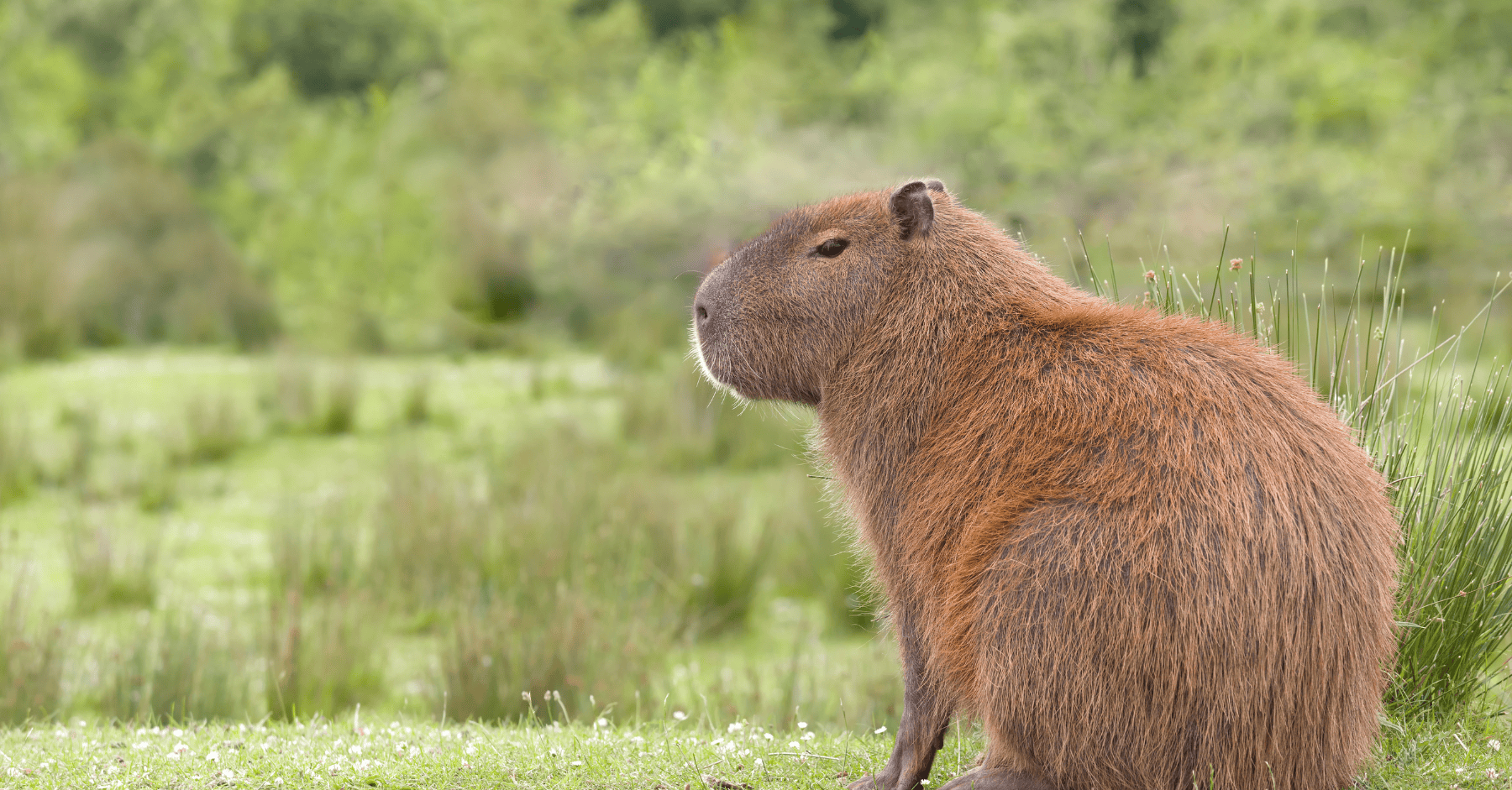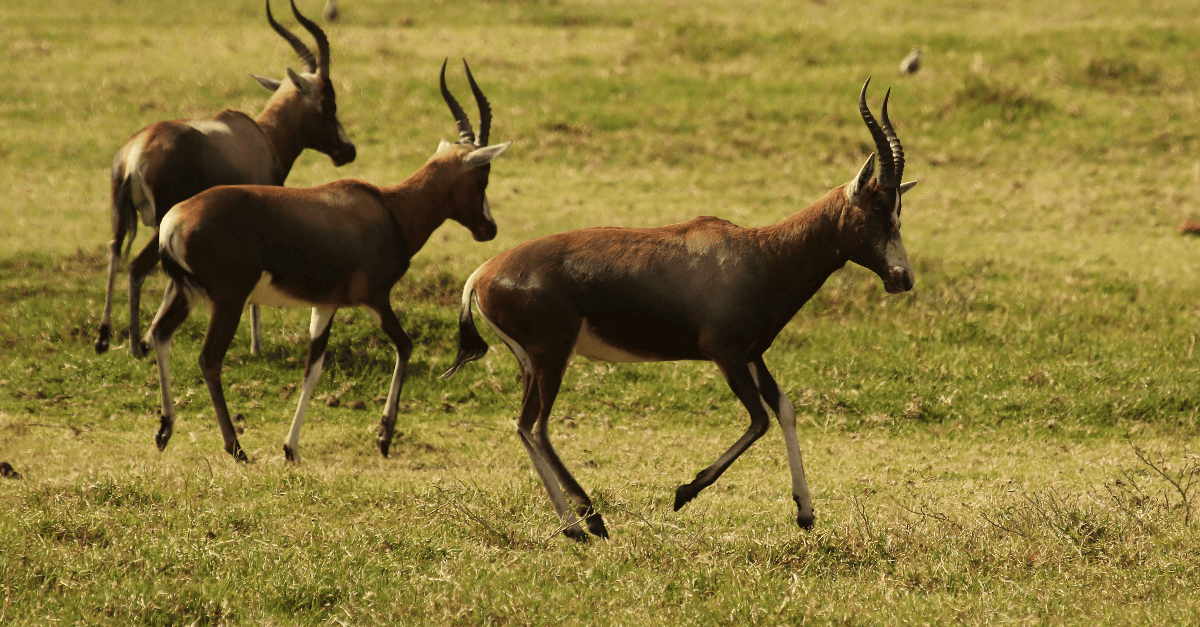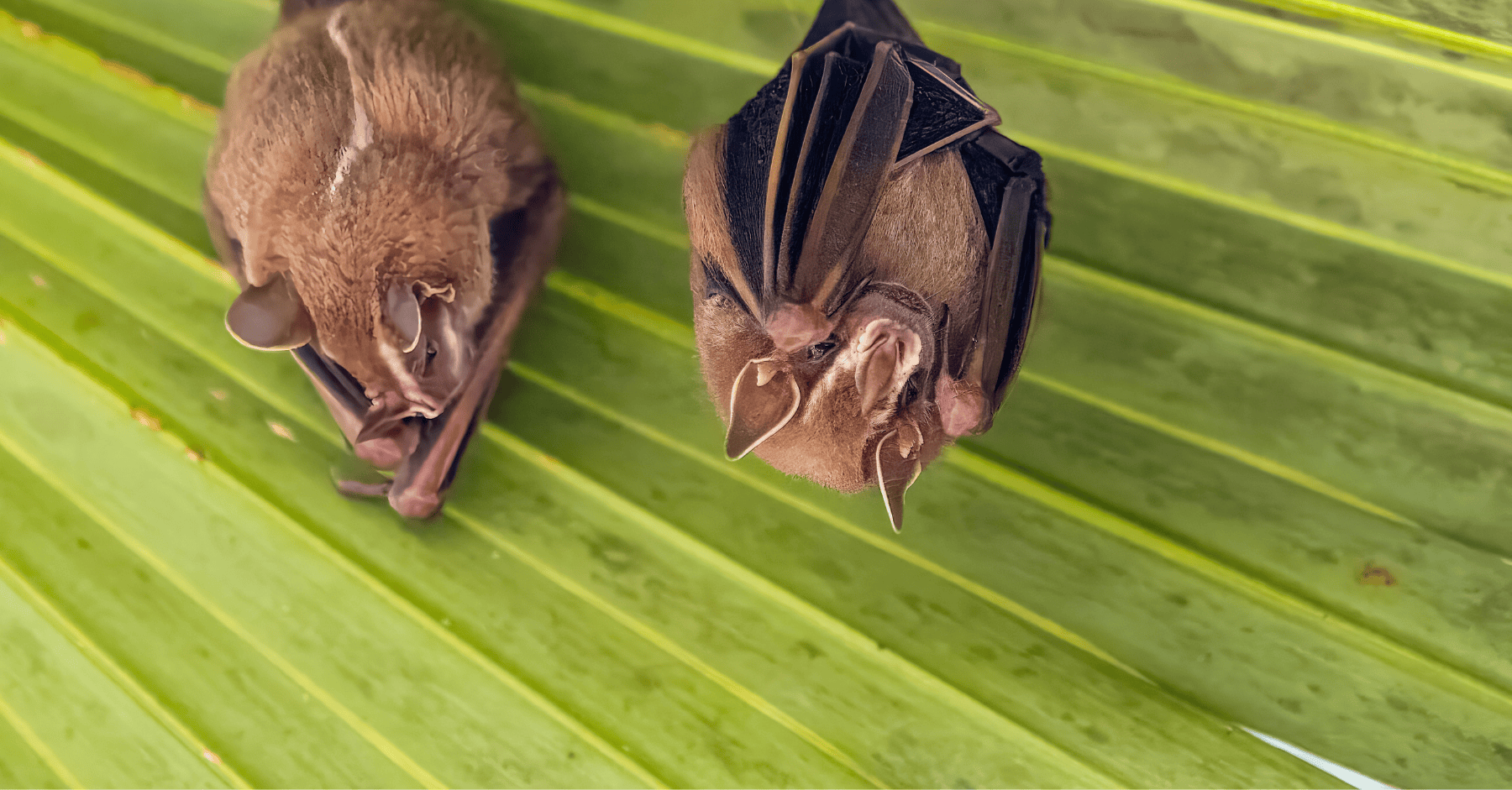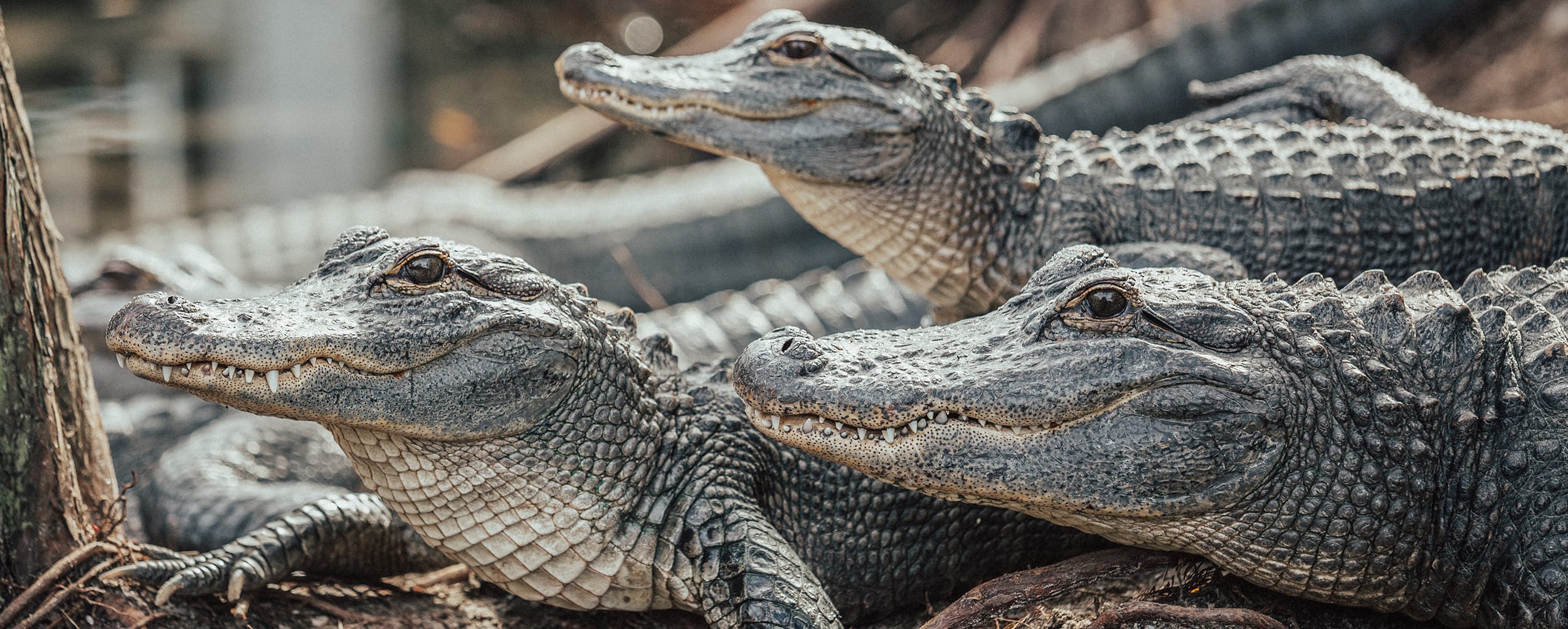Submissions to the first UN climate workshop on agriculture and food security reveal encouraging signs that animal welfare and sustainable diets are gaining recognition as part of climate solutions.
The workshop—held under the Sharm el-Sheikh Joint Work on Implementation of Climate Action on Agriculture and Food Security—will focus on systemic and holistic approaches to transforming food systems.
A shift in food and climate policy thinking
Several government submissions reflect a growing awareness of the need for integrated strategies that protect people, animals, and the planet.
Among them, the Republic of The Gambia’s submission stands out for its emphasis on high-animal welfare systems, plant-rich diets, and agroecological practices as key to building resilience, restoring biodiversity, and reducing environmental harm. It also highlights the importance of animal welfare science, Indigenous knowledge, and low-input farming models in shaping sustainable and climate-resilient agricultural systems.
These ideas echo WFA’s recommendations for the workshop, which call for a shift toward food systems that enhance the well-being of animals while addressing the climate and biodiversity crises. As countries prepare to update their national climate plans by 2025, these submissions offer a valuable foundation for more holistic strategies moving forward.
WFA’s Animals for Climate Action tool provides science-based policy options to help governments embed animal welfare into their climate action. Our full submission to the workshop is available here.
WFA welcomes this growing momentum and encourages all Parties to build on it—recognising that climate action that includes animals is more just, more effective, and more sustainable.





